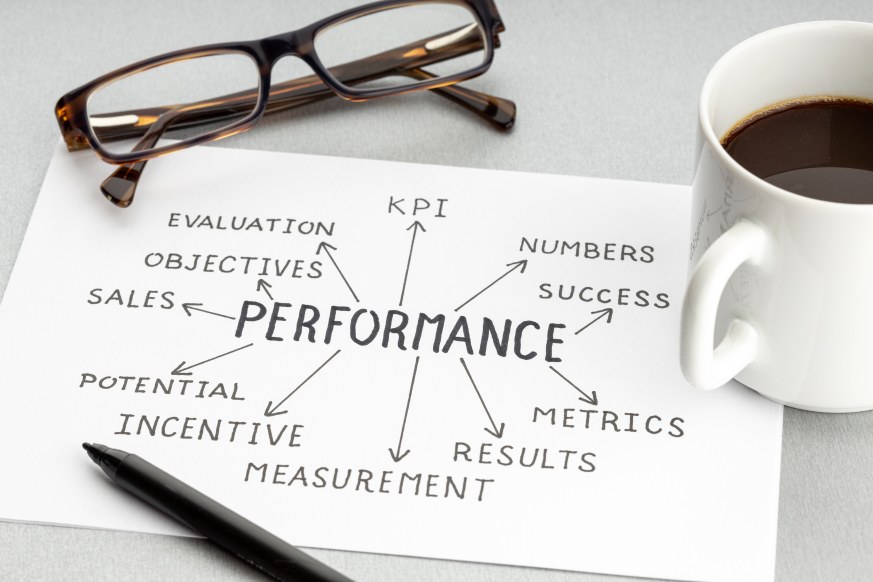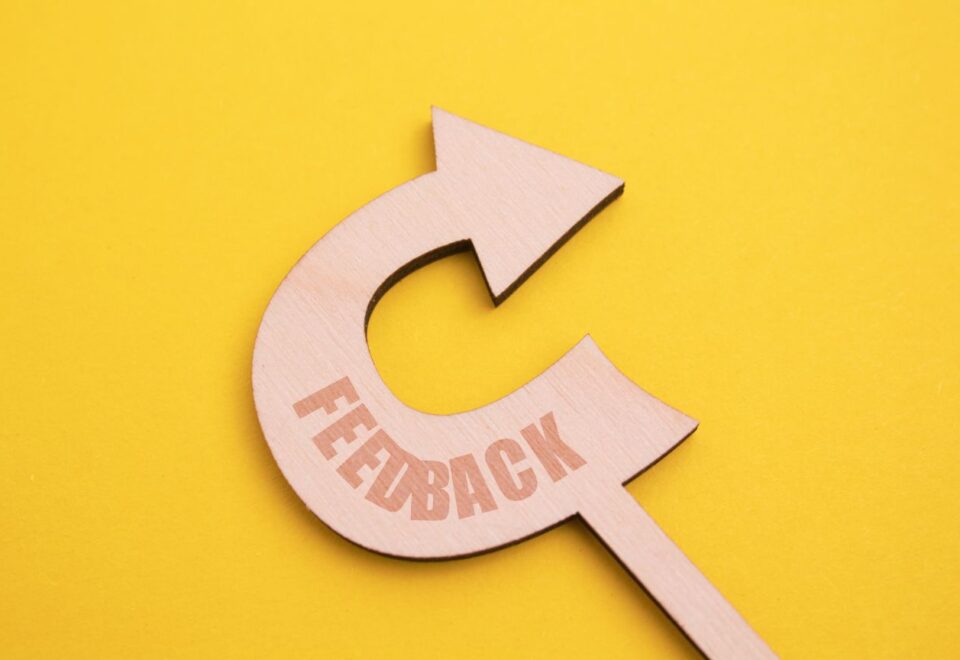The ability to communicate effectively, influence others and negotiate in difficult situations can make all the difference between success and disappointment. Becoming a successful leader involves exercising diplomacy, tact, assertiveness, objectivity, and other interpersonal skills. The art of diplomatic communication has become increasingly important in today’s heavily interconnected society as we find ourselves dealing with more diverse groups of people than ever before. If you truly wish to excel as a leader or negotiator, mastering the delicate skill of diplomatic and tactful communication is an absolute must!
In this blog post, we’ll explore the various traits that define tactical communicators, outline specific strategies for communicating with grace under pressure and provide helpful tips on using courtesy and respect to get what you want out of any situation.
What is the Art of Diplomatic Communication?
Diplomatic communication involves using language, behavior, and other expressions to create trust, understanding, and harmony with others. It is a way of communicating in which one attempts to consider the feelings of those they are engaging with while also being aware of their emotions. It requires speaking clearly and concisely to be understood by all parties and being able to respond appropriately and listen effectively to the input of others. It also requires understanding cultural differences and norms and creating trust and empathy by expressing respect for all involved.
What are the Benefits of Diplomatic Communication?
The benefits of diplomatic communication are numerous. Let’s look at some of them.
Improved Relationships
Using diplomatic communication improves relationships with colleagues, superiors, and subordinates. Being polite, respectful, and professional when delivering messages or addressing disagreements can greatly affect how those around you respond. It also builds credibility and helps to establish trust in conversations and interactions. When dealing with difficult subjects or delicate matters, having a calm demeanor can be essential in diffusing potentially explosive situations.
Moreover, focusing on the positive outcomes of communication rather than the negative can help to avoid conflict and foster a more productive and cooperative environment. Starting from a place of respect and politeness shows that you value the other person’s perspective and will help to create a more collaborative atmosphere. As a leader, it is important to foster good relationships and maintain strong lines of communication to effectively guide the team and achieve success.
Improved Negotiating Skills
Using diplomatic language when negotiating is vital to get what you want without alienating or offending anyone involved. Listening carefully to the other side, giving thoughtful responses, and being open to compromise can help achieve a mutually beneficial and positive outcome. Diplomatic communication also involves being assertive without appearing overly aggressive or demanding. Knowing when to hold your ground and back down is essential for successful negotiations. It’s important to remember that negotiating should not be viewed as a battle but rather an opportunity for both sides to reach an agreement that satisfies their needs. In life, there are many situations where being diplomatic will benefit you and help you become a better leader. Whether it’s dealing with colleagues, clients, or customers, knowing how to communicate respectfully and discreetly can help you reach agreements by following fair and beneficial strategies for everyone involved.
Want to master the art of tact and diplomacy to help you excel as a leader and negotiator?
Contact Growth Hackers
Greater Respect
Engaging in diplomatic communication can help you gain greater respect from those around you. Showing courtesy and exhibiting tactful behavior during conversations sets a positive example, which will be appreciated by colleagues and superiors alike. Staying calm in difficult situations, expressing your own ideas and opinions tactfully, and handling disagreements respectfully will help build your credibility and enhance your reputation as a leader. Furthermore, using diplomatic language when giving feedback can make the recipient more receptive to the message and less likely to feel threatened or defensive. Diplomatic communication is ultimately about maintaining relationships, building trust, and gaining respect. In the workplace or beyond, demonstrating diplomacy can help you foster positive connections and become a more effective leader and negotiator.
Improved Organizational Performance
A workplace based on diplomatic communication can result in better collaboration and improved organizational performance. In such an environment, ideas and personal opinions are more likely to be exchanged freely without fear of criticism or rejection.
Furthermore, disagreements can be handled respectfully so that all parties feel confident to reach an agreement satisfying their needs.
Moreover, when feedback is given diplomatically, this can help strengthen relationships and create an atmosphere of trust and respect. All these factors contribute to greater productivity and enhanced performance within the organization. Ultimately, mastering the art of diplomacy can lead to better outcomes for everyone involved.
With all these benefits combined, it’s no wonder why diplomatic communication is an invaluable tool for any leader and negotiator. You can take your leadership and negotiation abilities to the next level by honing your diplomatic communication skills.
What are the Qualities of a Tactful Communicator?
Now that we’ve explored the many benefits of diplomatic communication let’s explore the qualities of tactful communicators.
Use Active Listening
Active listening is one of a diplomatic communicator’s most important qualities. Active listening involves hearing, understanding, and responding to another person’s words carefully. This means actively engaging with the conversation by asking relevant questions, paraphrasing what was said, and showing interest in the other person’s point of view. Doing this demonstrates your respect for the other person’s perspective and makes them feel heard and validated. It also allows you to remain open-minded and consider alternate perspectives, essential in any successful negotiation or leadership role. Usually, active listening can be broken down into four basic steps:
- Pay attention to what is being said.
- Look for nonverbal cues.
- Ask open-ended questions.
- Paraphrase what was said.
Doing these things will help you better understand the other person’s needs and view of the situation, ultimately making you a better leader and negotiator. Through active and attentive listening, you can master the art of tact and diplomacy and be an effective communicator in any situation.
Want to become a better leader and negotiator? Master the art of tact and diplomacy today!
Speak Assertively
Assertive speaking is another quality that can help tactful communicators attain better results. Speaking assertively involves expressing your opinion or point of view clearly and directly without coming across as offensive or aggressive. It also involves respecting the other person’s ideas and opinions and showing empathy and understanding toward their point of view.
Assertive speaking helps create an environment of mutual respect conducive to successful negotiations and strong leadership. Suppose you are negotiating a deal, and the other person is making demands that you feel are unjustified. You can respond assertively by politely expressing your disagreement and backing up your argument with facts or figures. This helps create a level of trust between both parties and makes it easier to reach an agreement. Being assertive also eliminates any room for confusion, ensuring that the correct message is conveyed.
When communicating professionally, speaking assertively can help you be taken more seriously and make it easier to get your point across. With practice and patience, mastering the art of assertive speaking can take your leadership and negotiation skills to the next level.
Self-Aware
Another important quality of a tactful communicator is self-awareness. Awareness of how your words and body language can influence the preferred outcome of a conversation or negotiation is key to being an effective leader or negotiator. It also allows you to be in control of the situation and manage the emotions of others. To be self-aware, you must analyze your behavior and recognize the potential for misinterpretation or miscommunication. Once you know this, you can adjust your approach to achieve better results.
Additionally, it is important to pay attention to nonverbal cues from the other person. Take their facial expressions and body language into account when communicating. Being self-aware allows you to pick up on subtle changes in another person’s ideas or behavior, allowing you to adjust your approach as necessary. Finally, it is important to remember that the other party may not always be conscious of their emotions or intentions. Therefore, you must remain patient, understanding, firm, and direct when necessary.
Diplomatic Language
Finally, another key quality of a tactful communicator is diplomatic language when speaking. Diplomatic language tends to be neutral and respectful, avoiding harsh words or criticism that could lead to a misunderstanding or escalation of the conversation. It’s important to be conscious of your communication style and words and carefully consider how to use diplomatic language when engaging with others.
When speaking with someone, pay attention to your tone of voice—it can indicate your respect for the other person and their opinions. Use “please” and “thank you” to convey appreciation while avoiding dismissive or disrespectful language. Also, be conscious of how your body language is perceived—a positive attitude will speak volumes when displaying tact and diplomacy skills.
Utilizing diplomatic language does not mean that you have to be meek or subdued. You can still make your point effectively as long as you do it in a respectful and non-threatening way. Try to stay away from accusatory statements. Instead, focus on how the situation affects both parties involved. This will help create an environment of open dialogue and mutual understanding.
Final Words on Mastering the Art of Tact and Diplomacy
Tact and diplomacy are essential skills for any leader or negotiator. By developing these traits, you’ll be able to achieve your goals while maintaining relationships with those around you. You can build trust and respect through effective communication by being mindful of your chosen words and how they will make others feel.
Additionally, be conscious of body language when communicating with others to portray a sense of confidence, formal authority, and composure. Lastly, understanding different cultural traditions can help create successful negotiations without offending other parties. With practice, mastering the art of tact and diplomacy will help you become an efficient leader or negotiator.
By taking the time to learn these skills, you will be more equipped to handle difficult conversations and conflicts and lead effectively. As such, these skills are invaluable to anyone hoping to be successful in a professional capacity. You can rest assured that the time and effort you put into mastering the art of tact and diplomacy will yield many positive benefits for your future.
Growth Hackers is an award-winning outbound marketing agency helping businesses from all over the world grow. There is no fluff with Growth Hackers. We help entrepreneurs, leaders, founders and business owners master the art of tact and diplomacy, increase their productivity, generate qualified leads, optimize their conversion rate, gather and analyze data analytics, acquire and retain users and increase sales. We go further than brand awareness and exposure. We make sure that the strategies we implement move the needle so your business grow, strive and succeed. If you too want your business to reach new heights, contact Growth Hackers today so we can discuss about your brand and create a custom growth plan for you. You’re just one click away to skyrocket your business.







